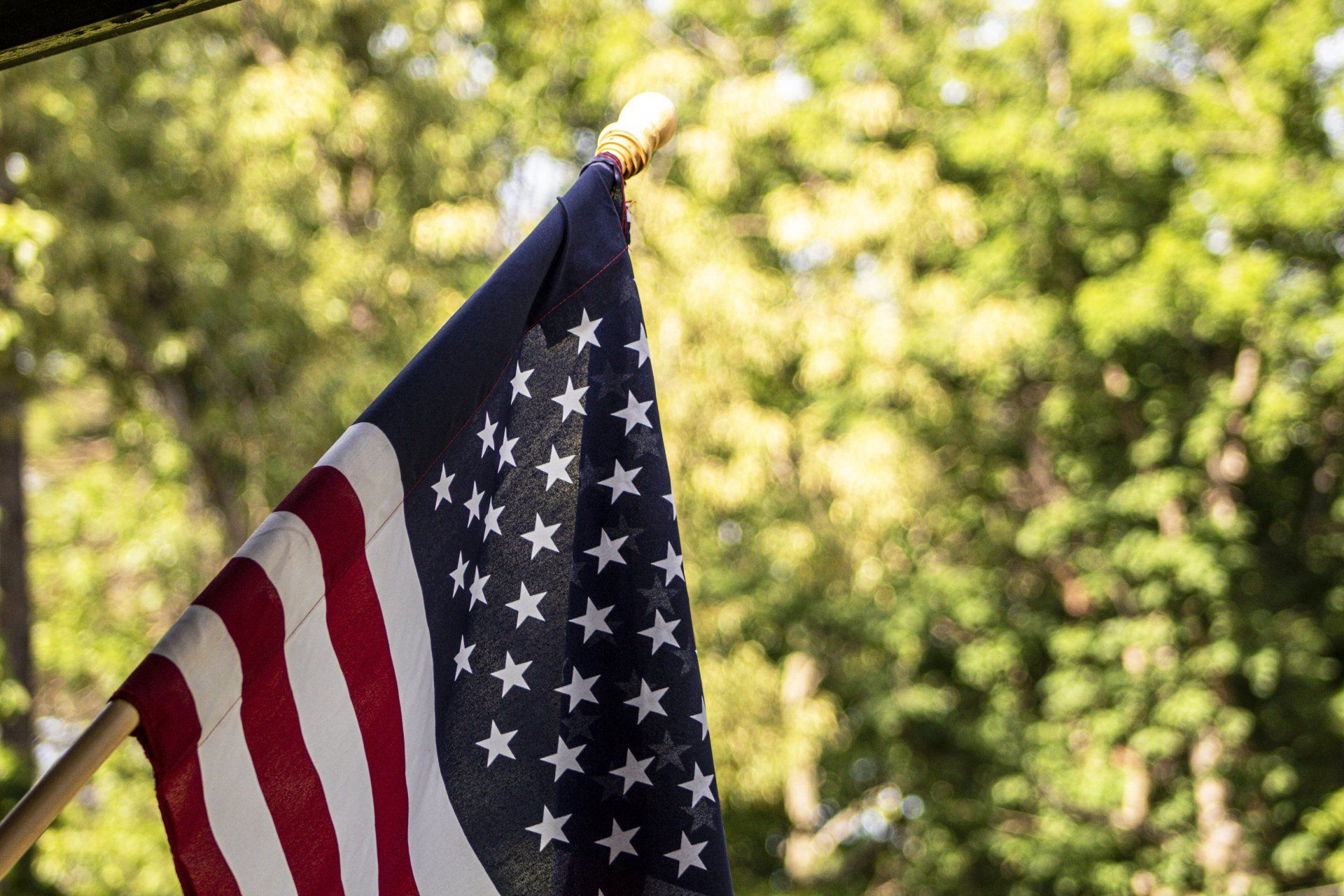Meaning of Memorial Day for Many Seniors
Meaning of Memorial Day for Many Seniors

Technically, summer doesn't start until June 20th. But many people consider Memorial Day to be the unofficial start of the season. This year, we celebrate the holiday on May 30th. Many families will heat up the grill, head to the beach or take in a big blockbuster movie. But Memorial Day has the word "memorial" in it for a reason.
The holiday got started on May 30th, 1868, when Union General John A. Logan declared the day an occasion to decorate the graves of Civil War soldiers. Twenty years later, the name was changed to Memorial Day. On May 11, 1950, Congress passed a resolution requesting that the President issue a proclamation calling on Americans to observe each Memorial Day as a day of prayer for permanent peace and designating a period on that day when the people of the United States might unite in prayer. President Richard M. Nixon declared Memorial Day a federal holiday in 1971. Memorial Day is now observed on the last Monday of May. It is an occasion to honor the men and women who died in all wars.
Encourage the Stories
Many soldiers are reluctant to share their stories. It might be painful for them to relive such a terrible time. Or it could be because they still have lingering feelings of guilt that they survived when so many didn’t. But don’t just assume a veteran you know isn’t willing to share his or her stories. Ask them who their friends were in the war and what countries they visited during their time of service. Encourage them to share and then take time to really listen to and appreciate their stories. During your holiday weekend gathering, make a point of saluting our veterans. Pause the party to give people attending a chance to share stories of the people in their family or circle of friends who were in the military during a time of war. You could even ask party goers ahead of time to bring photos of those they know who served. It will help everyone slow down long enough to remind themselves of the true meaning of Memorial Day.
For many seniors, Memorial Day is a very personal holiday. Some of them are veterans who remember, not just on this day but most others too, those whose lives they saw being taken around them on the field of battle. Many more lost family members or friends who were serving their country. More than 1.5 million of our oldest seniors are among the 16 million who served in our armed forces in World War II. These members of the “Greatest Generation” are joined by millions more seniors who served in the Korean and Vietnam wars. More than 400,000 US service members lost their lives during that war, as did thousands more who would be seniors today if they hadn’t been killed in Korea or Vietnam.
It is the memory of those men and women that makes Memorial Day so special to our senior loved ones and many younger Americans.
Joining Seniors in Their Traditions
Family caregivers who join senior loved ones in their Memorial Day observances are demonstrating to the seniors just how important they and their feelings are to us. Memorial Day can be a hard time for many seniors, even if they don’t let it show. Having a family member on whom they can lean can help make the day easier and even create new memories for everyone involved. Many seniors have difficulty getting out to participate in the traditions that are still important to them, which can make them feel even worse about the day, especially if they are alone with their thoughts all day.
Seniors’ Memorial Day Traditions
There are a number of ways our seniors observe Memorial Day, with many traditions originating in childhood. Your senior loved ones may still participate in one or more of these.
- Fly their flag. This is an every day tradition for many veterans and other seniors, though on Memorial Day they may lower the flag to half mast until noon.
- Visit the grave site of veterans, especially those at one of the national or state cemeteries that are special resting places for those who served in our military.
- Place a flag and/or flowers on the graves of family members or friends — sometimes also the graves of other veterans, so that all are remembered.
- Attend a special Memorial Day service in memory of those who have given their lives in service to the US.
- View, or even participate in, a local Memorial Day parade to honor the fallen.
- Visit with veterans or the families of those who lost someone in the service.
- Reminisce about those family members and friends they lost, telling stories and sharing pictures.
While the information provided in this blog is intended to be informative and helpful, it's important to consult with a qualified professional for personalized advice. If you have any concerns or questions about your health or specific medical conditions, don't hesitate to reach out to your physician or another trusted healthcare provider. Your health is important, and seeking professional guidance ensures you receive the best care tailored to your individual needs.














